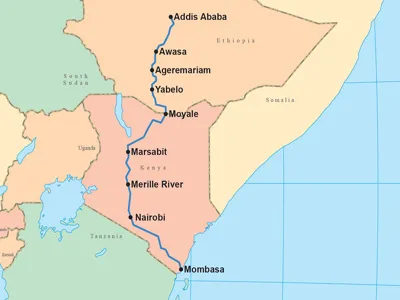test
September 14, 2012
Read time: 1 min
Network road pricing is inevitable to manage increasing congestion on city motorways and to facilitate more efficient transport networks, says 891 Transurban chief executive Scott Charlton.







